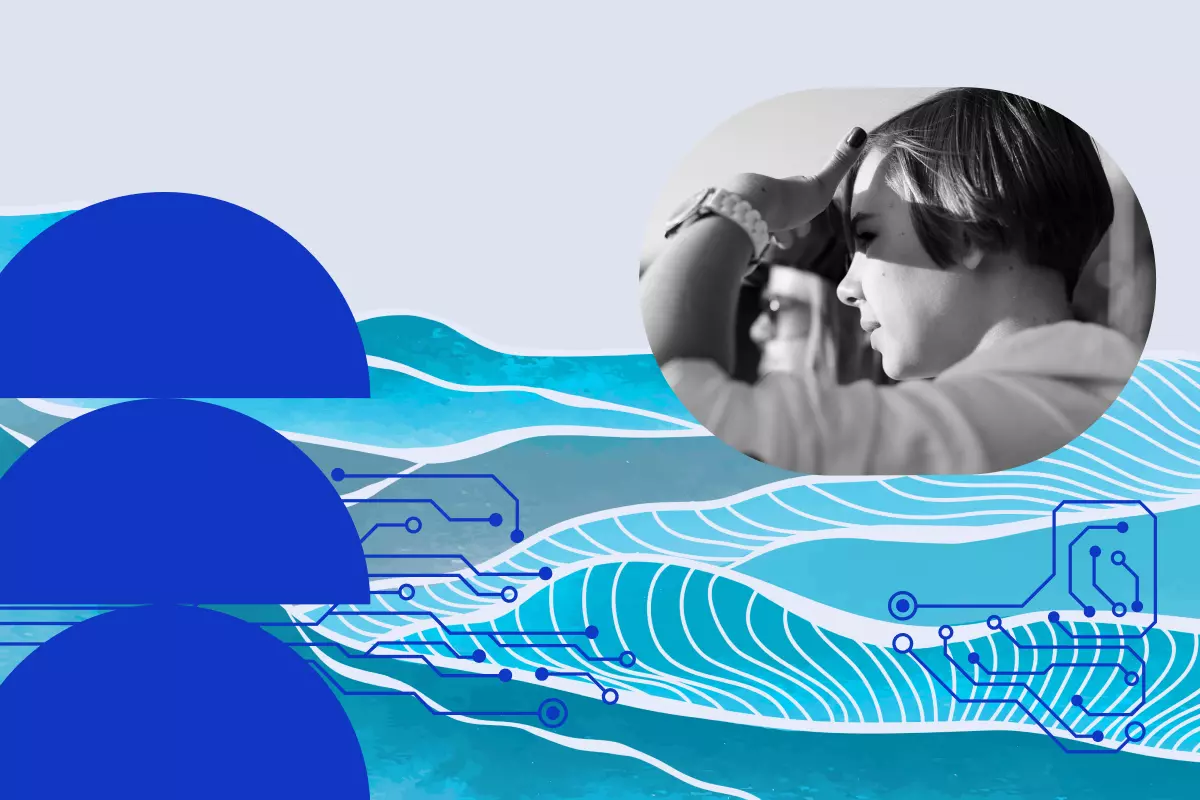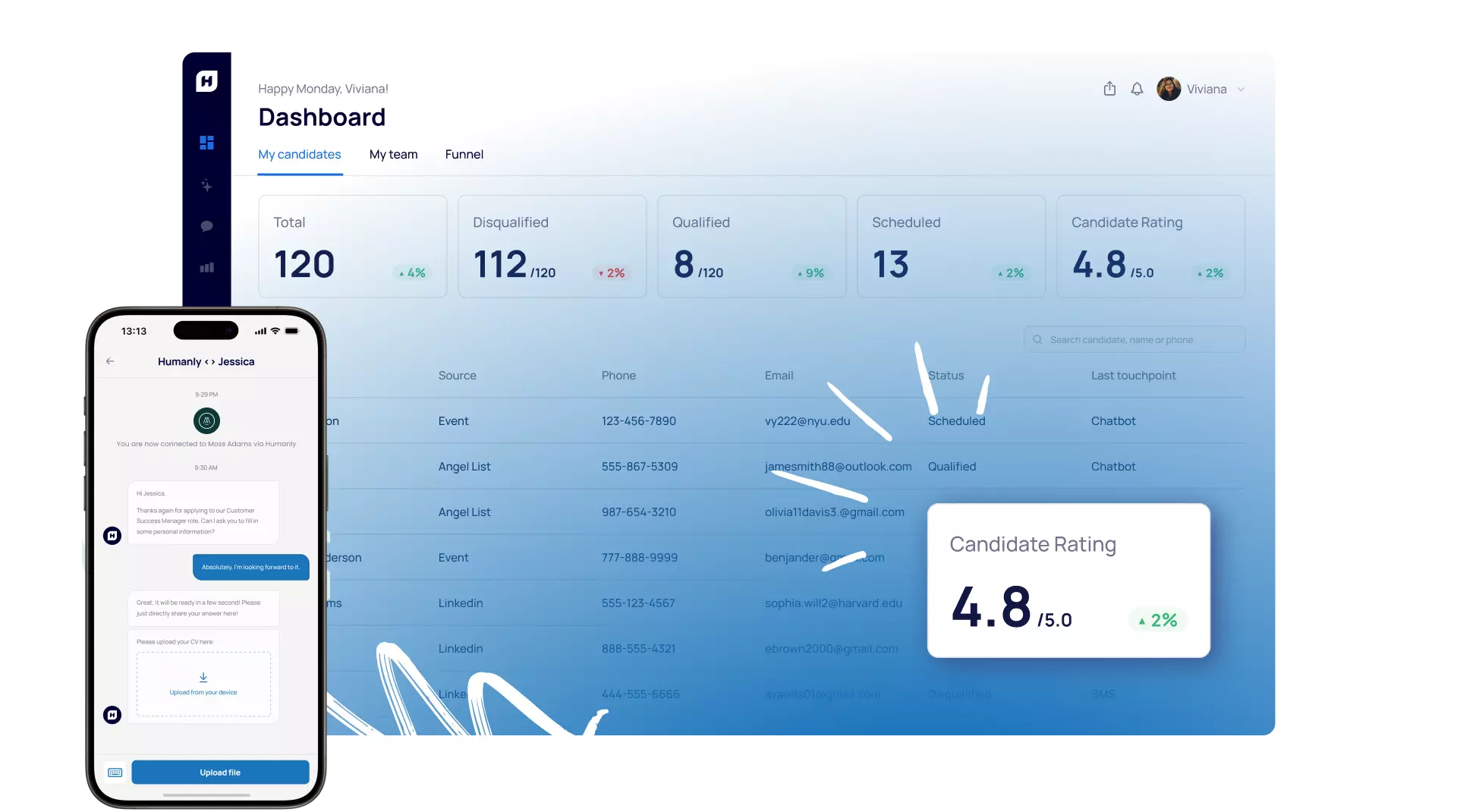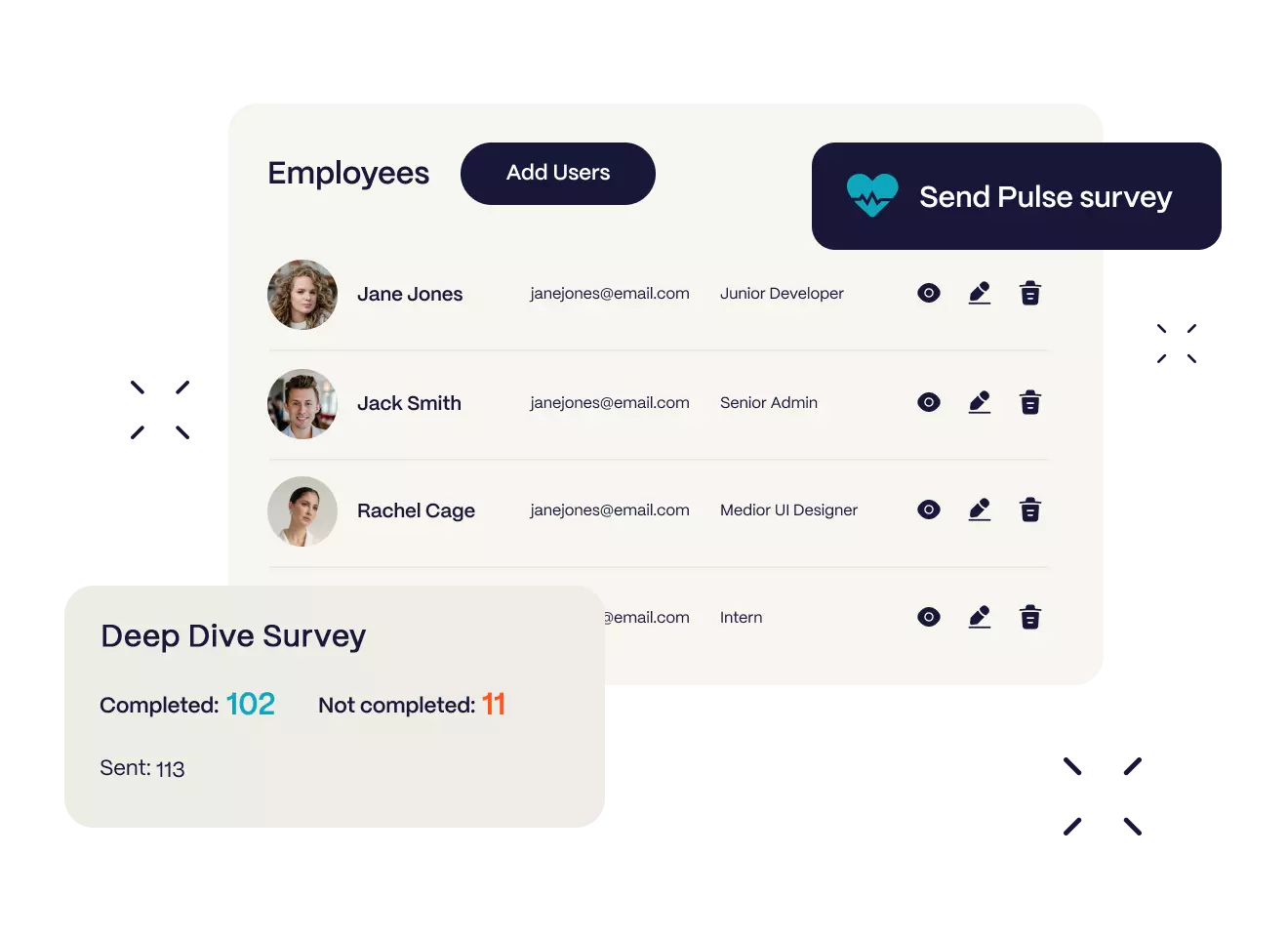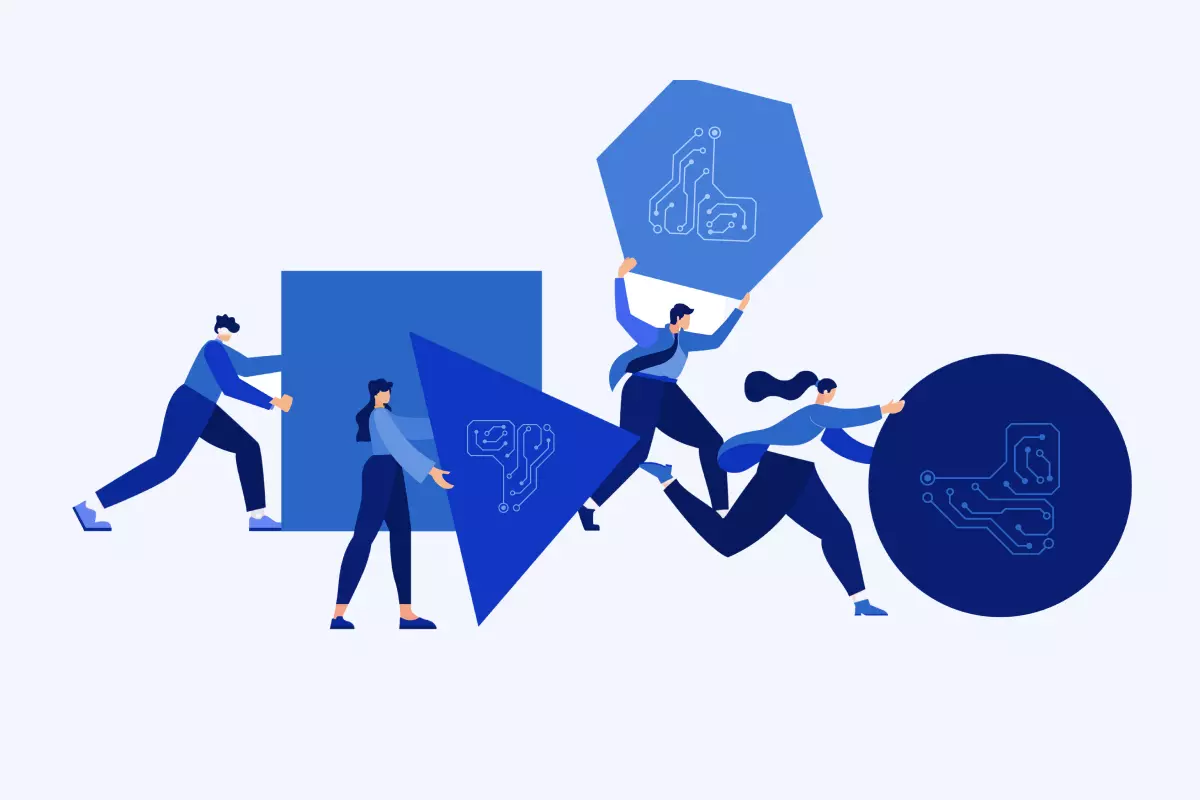My (cautiously) optimistic odyssey into AI-powered HR

The HR world has been buzzing with whispers of artificial intelligence (AI), promising automation and efficiency. As an HR professional juggling multiple hats, I admit I'm intrigued—but also skeptical.
Could algorithms truly understand the human nuances of talent management and company culture? My curiosity sparked a personal odyssey to deep dive into the world of AI-powered HR.
What I discovered wasn't a robot takeover, but the potential for a powerful ally. If used properly, AI can be a tireless sidekick ready to tackle repetitive tasks that bog us down, freeing us to focus on what truly matters: the people behind the pixels.
Beyond automation: AI as an amplifier
AI excels at the mundane. Imagine the endless resume screening, the mountains of paperwork, the tedious data entry—all streamlined by AI-powered tools. This relieves us of the administrative grind so we can concentrate on the human-centric aspects of hiring, where our intuition and empathy truly shine.
But some of those administrative tasks can be achieved even without AI. The true magic lies in AI's ability to see what we can't.
Imagine analyzing employee sentiment through surveys and emails. AI tools can uncover hidden patterns that predict engagement or potential issues. Or picture AI sifting through talent pools, unearthing hidden gems that have the perfect blend of skills and experience. This is AI as an amplifier, not a replacement, magnifying human capabilities and opening doors to deeper insights—particularly when used alongside HR software for small businesses to optimize workforce management.
Real-world solutions for real-world pain points
These scenarios showcase just a few ways AI can tackle common HR challenges:
- Reimagining recruitment: AI-powered tools, such as Humanly's conversational AI platform, excel in high-volume hiring scenarios. They significantly reduce the time spent by automating screening, scheduling, note-taking, and follow-up tasks. Through the use of advanced analytics in candidate interactions, such as chatbot conversations, these tools promise to not only enhance the candidate experience but also consider ethical implications, ensuring their processes are transparent and explainable.

Humanly's dashboard provides a comprehensive overview of candidates' statuses and illustrates a chatbot interaction. (Image: https://www.humanly.io/)
- Personalizing learning and development: Even well-known learning platforms, such as Udemy, are leveraging the power of generative AI technologies to craft targeted skill frameworks, pinpoint learning gaps, and forge personalized learning paths, thus elevating human expertise. This AI-driven approach could significantly benefit HR teams and organizations by providing a sophisticated, data-driven method to tailor skill development precisely to individual and organizational needs.
- Engaged employees, happy HR: In remote work settings, grasping employee sentiment can be more difficult, but remains essential. AI platforms like Luppa empower organizations to proactively tackle issues, enhance working conditions, and cultivate a positive atmosphere by analyzing AI-driven predictors, which serve as crucial indicators for gaining such insights.

Survey management dashboard in Luppa, showcasing an overview of survey completion statuses (Image: https://luppa.app/)
Data is our compass: Decisions guided by insight
The best part of AI-powered HR? AI doesn't replace our gut instincts; it informs them. Marlee, a collaboration and performance AI, predicts and helps develop high-performing, motivated teams. With data-driven insights as our compass, we can navigate the HR Software landscape and modern remote work challenges with newfound confidence. No more guesswork—just solid data guiding our every step, from recruitment to training to employee engagement. With data-driven insights as our compass, we can navigate the HR landscape and modern remote work challenges with newfound confidence. No more guesswork, just solid data guiding our every step—from recruitment to training to employee engagement.
Navigating the AI seas: A practical guide

Like any powerful tool, AI requires careful handling. To sail smoothly on this digital wave, remember these key points:
- Start small: Don't try to conquer the vast AI ocean at once. Start with a pilot test in a specific area where your organization needs the most assistance or where you feel most comfortable experimenting and build your confidence from there.
- Choose wisely: Research your options and prioritize tools that align with your company culture and budget. Don't simply choose the flashiest ones or the ones getting the most media coverage.
- Prioritize strong ethics: Bias and explainability are crucial considerations. Choose solutions that are transparent and fair, and train your team to identify and address potential biases.
- Equip your team: They don't need to become AI experts, but it's vital to have a basic understanding of its strengths and limitations. They should be able to interpret insights and translate data into actionable strategies. Working with AI consulting companies can also help them better understand and learn how to apply AI effectively in their context.
- Maintain technical diligence: Audits and regular checks for discrimination and data errors are essential. Data must be clean and unbiased.
- Ensure steady communication: Onboard new team members with clear explanations, dispelling AI myths and anxieties. This message needs to reach all departments, not just HR—potentially even implementing a change management process.
- Value the human element: AI is great at handling routine and mundane tasks. It can provide valuable data, but it's up to us to interpret this data and turn it into insight. We must make the final decisions and, most importantly, we must own the responsibility.
HR and AI: A bright and promising future
The future of HR is a harmonious blend of human intuition and AI-powered insight. HR professionals identify the questions, and AI complements their efforts with data-driven answers and solutions.
There may be initial challenges, including skill gaps, data quality concerns, and understanding use cases. But with collaboration between HR and technical teams, AI can become a powerful catalyst for increased productivity, enhanced performance, and a more strategic role for HR within an organization.
